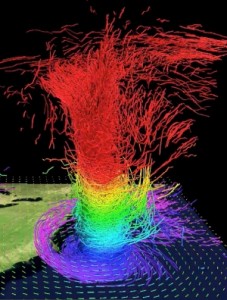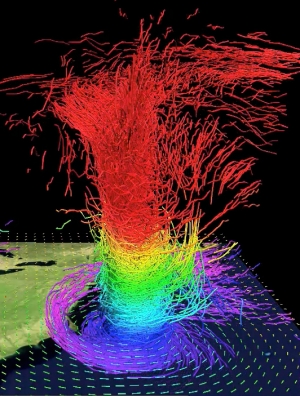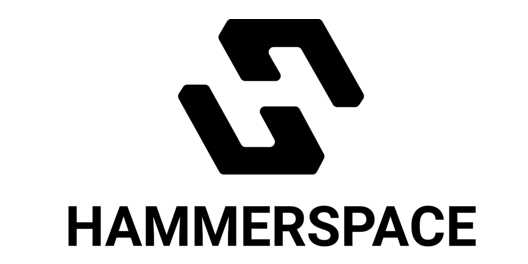 Today the National Center for Atmospheric Research (NCAR) and the University of Colorado Boulder announced that they will join the Intel Parallel Computing Centers program. Participants in the program will develop methods to increase the performance of applications that use advanced microprocessor technologies and will help train the next generation of scientists and engineers who will apply these new technologies to challenges of societal importance.
Today the National Center for Atmospheric Research (NCAR) and the University of Colorado Boulder announced that they will join the Intel Parallel Computing Centers program. Participants in the program will develop methods to increase the performance of applications that use advanced microprocessor technologies and will help train the next generation of scientists and engineers who will apply these new technologies to challenges of societal importance.
This partnership will accelerate the important work we are doing to prepare both our applications and our workforce to tackle the next computational challenges in weather and climate simulation,” said Thomas Bogdan, president of the University Corporation for Atmospheric Research, which manages NCAR on behalf of the National Science Foundation. “It helps us conduct valuable, in-depth research on Intel architecture, and it underscores the value of working with industry in preparing for future technologies and training bright young minds in these fields.”
The collaboration with NCAR and Intel provides an exciting opportunity for CU-Boulder graduate students to participate in research that will prepare climate and weather code for the next generation of Intel processors. Students will have the opportunity to collaborate with scientists on large-scale computational problems that have a real impact.
This project will give me the opportunity to have students in the High-Performance Scientific Computing class work on projects that are connected to this effort with access to Intel’s newest architectures,” said Thomas Hauser, CU-Boulder’s Director of Research Computing. “Research Computing at CU-Boulder is in the process of setting up a small cluster containing the Intel® Xeon PhiTM coprocessor, provided to CU-Boulder by Intel, in order to give students and researchers at CU-Boulder access to these new Intel architectures for porting and tuning their scientific applications.
Intel currently lists eight other institutions as worldwide Parallel Computing Centers, showing remarkable growth since the program was announced last year.




